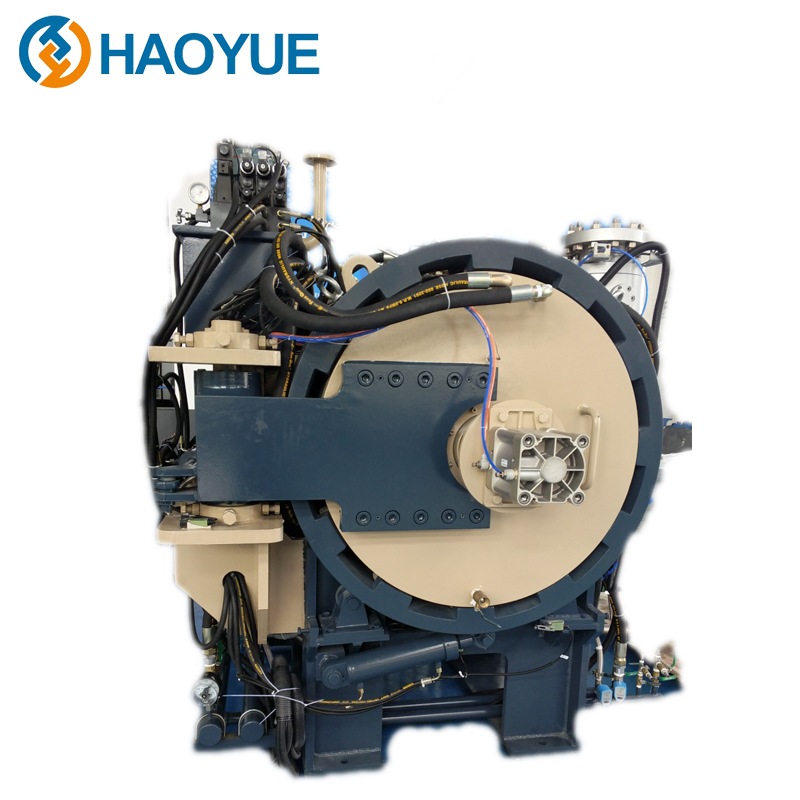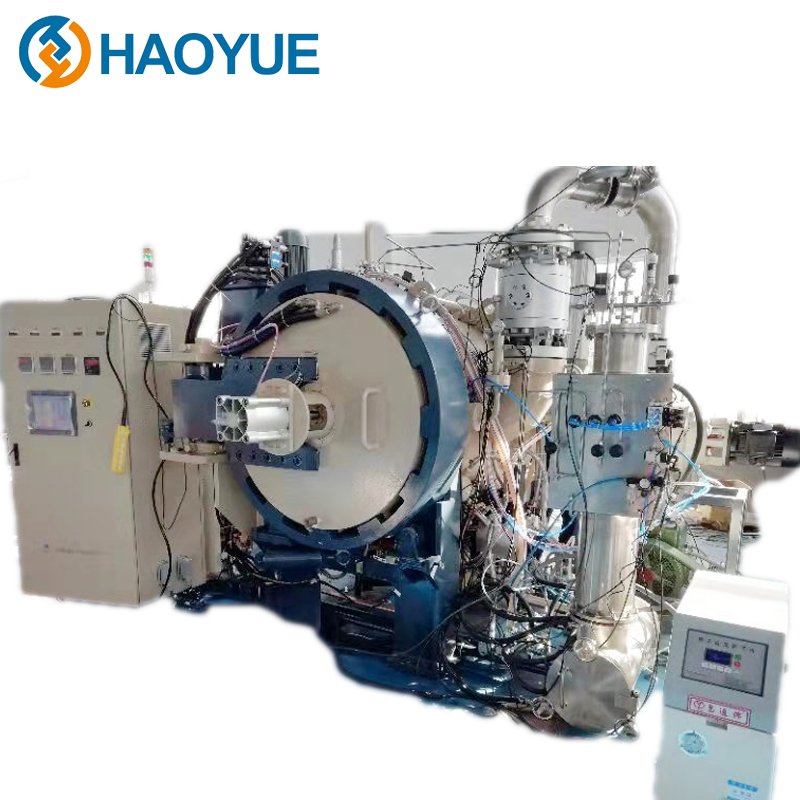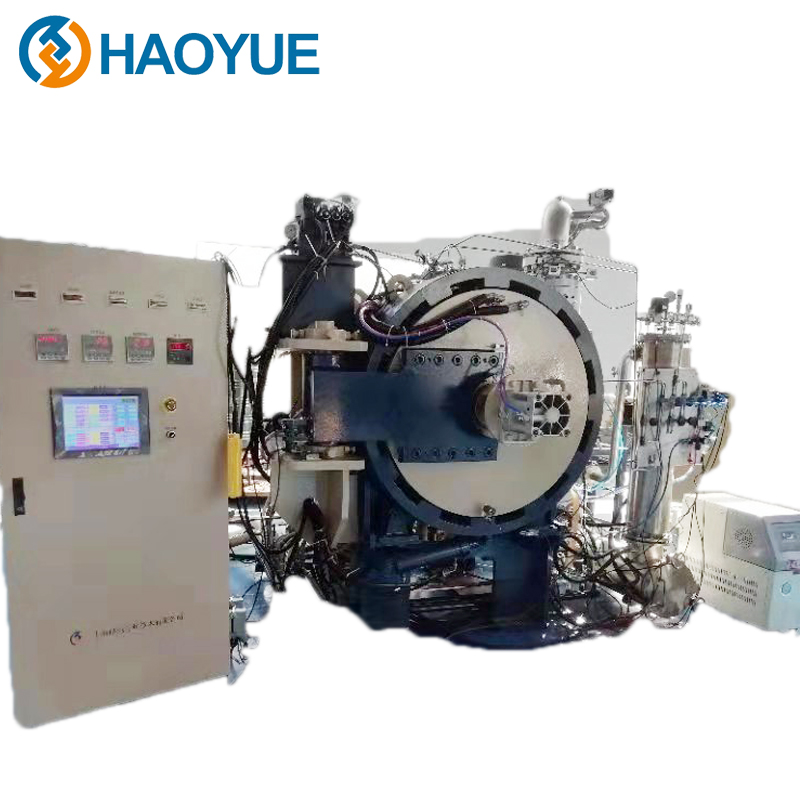Unlocking Precision and Efficiency with Gas Pressure Sintering Furnace
In the world of material science and metallurgy, the quest for achieving the perfect blend of strength, durability, and precision in components and products is an ongoing challenge. Enter the Gas Pressure Sintering Furnace, a technological marvel that has revolutionized the way materials are sintered, paving the way for enhanced quality and efficiency in industries ranging from aerospace to healthcare. In this in-depth review, we will explore the capabilities, advantages, and applications of this cutting-edge equipment.
Understanding Gas Pressure Sintering
Gas Pressure Sintering, or GPS for short, is a high-temperature, high-pressure sintering process that involves the use of inert gases like argon or nitrogen to enhance the sintering of materials. This technique is particularly effective for advanced materials like ceramics, composites, and powder metallurgy components. The Gas Pressure Sintering Furnace is the heart of this process, and its capabilities are nothing short of impressive.
The Inner Workings
The Gas Pressure Sintering Furnace operates by subjecting materials to extreme heat and pressure inside a controlled chamber. Here's a closer look at its key components and functions:
1. Heating Element:
Resistance Heating: These furnaces use resistance heating elements, often made of graphite, to generate the high temperatures required for sintering. They ensure uniform heating throughout the chamber.
2. High-Pressure Chamber:
Gas Atmosphere: Inert gases, typically argon or nitrogen, are introduced into the chamber to create a high-pressure environment. This pressure, combined with high temperature, facilitates densification and sintering.
3. Temperature Control:
Precision Control: Gas Pressure Sintering Furnaces boast remarkable temperature control accuracy, ensuring that materials are sintered at the exact temperatures required for optimal properties.
4. Safety Measures:
Safety Protocols: These furnaces are equipped with safety features like over-temperature protection and pressure relief mechanisms to prevent accidents.
Advantages of Gas Pressure Sintering
1. Enhanced Material Properties:
Densification: GPS furnaces achieve higher material density, resulting in improved mechanical and thermal properties of sintered components.
2. Reduced Grain Growth:
Fine Microstructure: The controlled environment minimizes grain growth, leading to finer microstructures and superior material properties.
3. Minimal Oxidation:
Inert Atmosphere: The use of inert gases prevents oxidation during sintering, crucial for materials sensitive to oxygen exposure.
4. Energy Efficiency:
Rapid Heating and Cooling: GPS furnaces can heat up and cool down quickly, reducing energy consumption and production time.
5. Versatility:
Wide Material Range: Gas Pressure Sintering is suitable for a broad spectrum of materials, from ceramics to advanced metal alloys.
Applications Across Industries
The Gas Pressure Sintering Furnace finds applications in diverse industries:
1. Aerospace:
Used to create lightweight, high-strength components for aircraft and spacecraft.
2. Medical:
Enables the production of biocompatible and durable medical implants.
3. Automotive:
Produces high-performance engine components and structural parts.
4. Electronics:
Ideal for manufacturing electronic components with precise tolerances.
5. Energy:
Used in the production of fuel cells, batteries, and advanced energy storage materials.
The Verdict: A Game-Changer in Material Science
The Gas Pressure Sintering Furnace is more than just a piece of industrial equipment; it's a catalyst for innovation and advancement in material science. With its ability to create materials with unparalleled precision, durability, and performance, it has become an indispensable tool for industries seeking to push the boundaries of what is possible.
If you're in a field that demands cutting-edge materials with uncompromising quality, investing in a Gas Pressure Sintering Furnace could be the transformative step your business needs. It's not just a furnace; it's a gateway to the future of materials engineering.
581
0
0





Comments
All Comments (0)